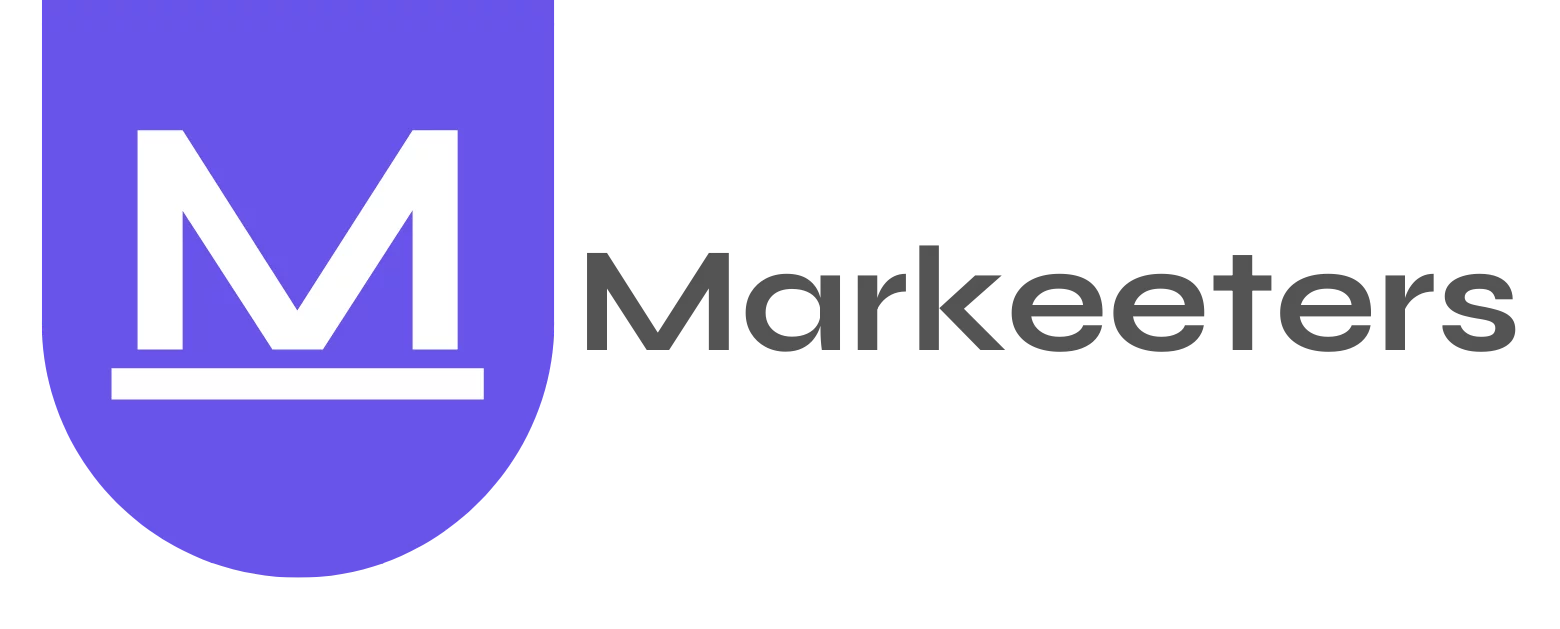For staffing agencies, social media platforms serve as valuable tools to attract job seekers, engage with clients, and showcase expertise in the recruitment industry. This guide aims to outline effective strategies to leverage social media for increased visibility, candidate engagement, and client partnerships in the staffing industry.
Target Audience
Identify the primary audience for staffing agency social media marketing:
- Job Seekers & Candidates – Engaging with individuals seeking employment opportunities, career advice, and job market insights.
- Employers & Businesses – Targeting businesses seeking staffing solutions, HR professionals, or hiring managers.
- Industry Professionals – Engaging with professionals interested in industry trends, recruitment advice, and career development.
- Graduates & Students – Attracting recent graduates, interns, or individuals entering the job market.
Goals
Define the objectives of utilizing social media for staffing agency marketing:
- Talent Attraction & Recruitment – Showcasing job opportunities, career tips, and attracting potential candidates.
- Client Engagement & Partnerships – Engaging with businesses, promoting staffing services, and building client relationships.
- Thought Leadership & Expertise – Establishing the agency as an industry expert, sharing recruitment insights, and career guidance.
- Community Building & Networking – Fostering engagement, hosting industry discussions, and building a community of professionals.
Platforms to Focus On
Identify key social media platforms for staffing agency marketing:
- LinkedIn – Professional networking, job postings, industry updates, and thought leadership content.
- Twitter – Sharing job openings, industry news, engaging with clients, and participating in industry conversations.
- Facebook – Utilize business pages, groups, and ads for job postings, company culture showcases, and client engagement.
- Instagram (Optional) – Showcasing company culture, behind-the-scenes glimpses, and success stories through visuals.
Content Strategies
Develop content strategies tailored for staffing agency marketing:
- Job Postings & Career Advice – Sharing job openings, career tips, resume advice, and interview preparation guidance.
- Client Testimonials & Success Stories – Showcasing successful placements, client testimonials, and company achievements.
- Industry Insights & Trends – Sharing industry reports, market trends, and recruitment strategies.
- Employee Spotlights & Culture – Showcasing team members, company culture, and workplace highlights.
Engagement & Conversion Tactics
Implement strategies to engage candidates and convert social media traffic into applications or client partnerships:
- Call-to-Action (CTA) – Encouraging candidates to apply, sign up for job alerts, or schedule consultations.
- Q&A Sessions & Webinars – Hosting live sessions, webinars, or industry panels to answer career-related queries.
- Industry Events & Networking – Sharing participation in industry events, networking sessions, or recruitment fairs.
- Referral Programs & Incentives – Encouraging candidates and clients to refer others, offering incentives for successful referrals.
Analytics & Optimization
Utilize analytics to measure and optimize social media performance for candidate applications and client engagement:
- Engagement Metrics – Monitor job applications, inquiries, likes, comments, shares, and engagement across platforms.
- Conversion Tracking – Track candidate applications, client inquiries, or partnerships resulting from social media referrals.
- Audience Insights – Understand demographics, job preferences, and engagement patterns for targeted content.
- Campaign Optimization – Adjust strategies based on performance, analyze successful content, and refine targeting for better results.
Challenges & Solutions
Address potential challenges in staffing agency social media marketing:
- Candidate Volume & Quality – Ensuring a high volume of qualified candidates, maintaining candidate databases, and timely responses.
- Client Relationship Management – Nurturing client relationships, addressing client needs, and providing personalized services.
- Brand Differentiation & Market Competition – Standing out among competitors, showcasing unique services, and effective branding.
- Managing Confidentiality & Compliance – Handling sensitive candidate information, adhering to privacy regulations, and maintaining confidentiality.
Conclusion
Leveraging social media effectively can significantly enhance brand visibility, candidate engagement, and client partnerships for staffing agencies. This guide provides a roadmap for engaging job seekers, showcasing opportunities, and building a strong online presence in the staffing industry.



